Search
Search Results

Definition
St. Anthony's Fire
St. Anthony's Fire (SAF) is an illness brought on by the ingestion of fungus-contaminated rye grain causing ergot poisoning (ergotism). The disease's common name derives from the medieval Benedictine monks dedicated to that saint who offered...
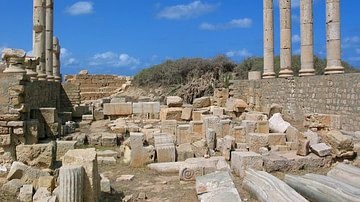
Definition
Leptis Magna
Leptis Magna (aka Lepcis Magna), located in western Libya, North Africa, was a Phoenician city founded by Tyre in the 7th century BCE. Continuing to be a major city in the Roman period, it was the birthplace of Emperor Septimius Severus (r...
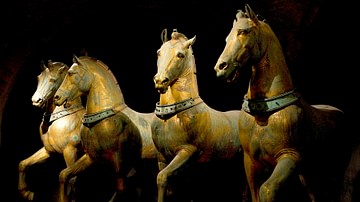
Article
The Hippodrome of Constantinople
The Hippodrome of Constantinople was an arena used for chariot racing throughout the Byzantine period. First built during the reign of Roman emperor Septimius Severus in the early 3rd century CE, the structure was made more grandiose by emperor...
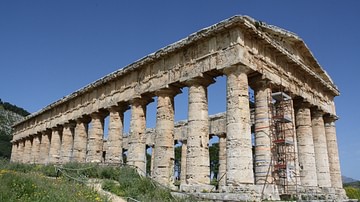
Article
Sicilian Temples (Greek Metrology)
Characteristics of Sicilian Archaic Temples The large dimensions of the components, the presence of a propteron, an adyton, and other specific elements of the plan and elevation speak for an originally very autonomous development of...

Article
The Plague at Athens, 430-427 BCE
In the second year of the Peloponnesian War, 430 BCE, an outbreak of plague erupted in Athens. The illness would persist throughout scattered parts of Greece and the eastern Mediterranean until finally dying out in 426 BCE. The origin of...

Definition
Amarna Period of Egypt
The Amarna Period of ancient Egypt was the era of the reign of Akhenaten (1353-1336 BCE), known as 'the heretic king'. In the 5th year of his reign (c. 1348 BCE), he issued sweeping religious reforms which resulted in the suppression of the...
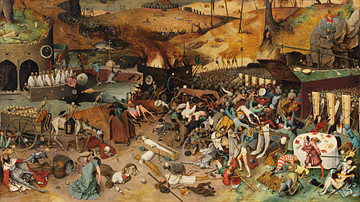
Article
Plague in the Ancient & Medieval World
The word 'plague', in defining a lethal epidemic, was coined by the physician Galen (l. 130-210 CE) who lived through the Antonine Plague (165 - c. 180/190 CE) but the disease was recorded long before in relating the affliction of the Plague...
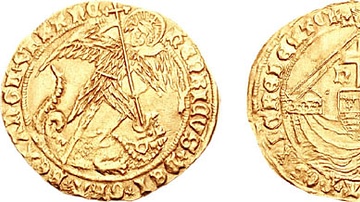
Definition
King's Evil
The king’s evil (from the Latin morbus regius meaning royal sickness), more commonly known as scrofula or medically tuberculous lymphadenitis, was a skin disease believed to be cured by the touch of the monarch as part of their inherited...
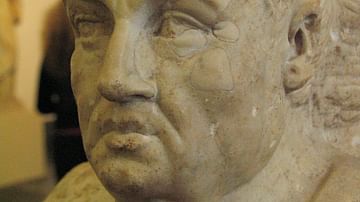
Definition
Seneca
Lucius Annaeus Seneca (Seneca the Younger, l. 4 BCE - 65 CE) was a Roman author, playwright, orator, and most importantly a tutor and advisor to the Roman emperor Nero (r. 54-68 CE). Influenced by Stoic philosophy, he wrote several philosophical...

Article
The Origins of Christian Teachings on Human Sexuality
The Bible is often quoted in the modern discourse concerning human sexuality, gender identification, same-sex marriages, birth control, and especially abortion. However, most modern Christian teaching evolved from the writings of the Church...